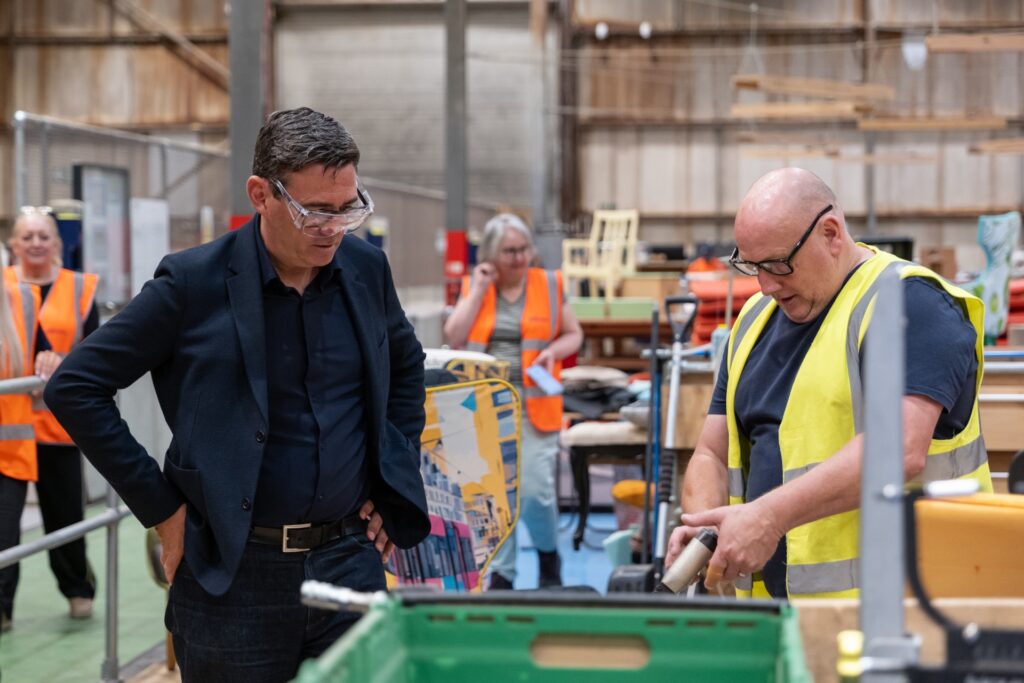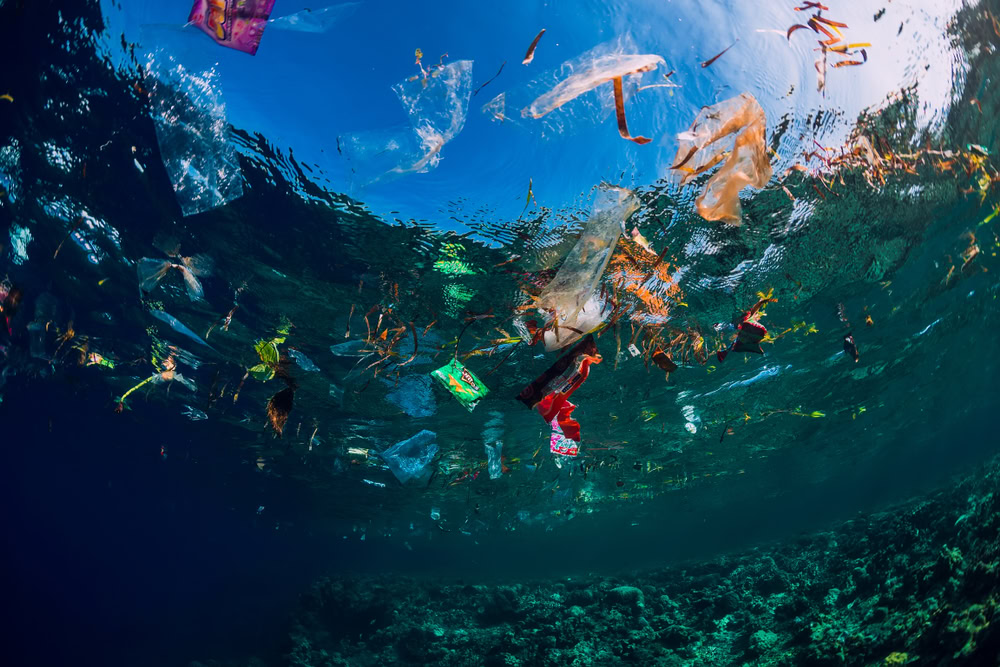The roadmap, supported by the trade body Plastics Europe and its member organisations, is said to reflect a shared commitment to addressing concerns around the environmental impact of plastics and the challenge of plastic waste. According to Plastics Europe, plastics play an “irreplaceable role in various applications, supporting the competitiveness of European industries while enabling sustainability transitions.”
‘Realistic”

Virginia Janssens, managing director of Plastics Europe, said: “For the first time our industry is united around a hugely ambitious but realistic plan to redesign the European plastics system – the ‘Plastics Transition’ roadmap. It will be our North Star for the years to come and reflects a profound cultural shift that has taken place in our industry.”
Strategy
The roadmap outlines a strategy to reduce greenhouse gas emissions from the plastics system by 28% by 2030 and strives for net-zero emissions by 2050. It also envisions the gradual replacement of fossil-based plastics, with circular plastics meeting 25% of European demand by 2030 and increasing to 65% by 2050. According to estimates putting these goals to fruition could cost an estimated €235 billion (£205 billion) in additional investments and operational costs.
Marco ten Bruggencate, president of Plastics Europe, and Dow EMEA commercial vice president packaging and specialty plastics said: “We are excited about the opportunity the Green Deal provides to create a thriving and competitive European plastics industry that allows us to increase investment and innovation in circularity and decarbonisation.

“However, to enable the transition we will need measures to safeguard the competitiveness of our industry if we are to prevent industrial activity and investments migrating out of Europe to other regions, and to avoid becoming increasingly dependent on imports of plastics which do not necessarily meet EU sustainability standards.”
Investment
The roadmap highlights the importance of establishing a European waste management system suitable for a net-zero emissions and circular economy. It also calls for minimum circular plastic content targets for key applications and urges investment in chemical recycling infrastructure. Policymakers are urged to maintain the international competitiveness of the European plastics system during this transition.
Plastic Europe also highlight collaboration along the value chain being essential in order to meet these targets. It states that building on existing initiatives, like Operation Clean Sweep (OCS), with value chain partners is crucial.. The action plan must be seen by the value chain as an effective tool to engage with policymakers to meet their needs, and it should also serve as a means for members to engage with their customers, securing long-term contracts.
Rob Ingram, Plastics Europe steering board roadmap task force lead said: ““The wider European plastics system is too big, complex, and interconnected for any part of it to successfully deliver a circular and net zero system alone. We need to find better ways of listening, talking and deepening our collaboration. The roadmap should be viewed as an invitation to challenge our thinking and identify the areas where we can join forces and progress faster together. To promote this collaboration Plastics Europe is calling on the European Commission to develop a Clean Transition Dialogue for the European plastics system.”
Useful link
Please click here to find out more







Subscribe for free